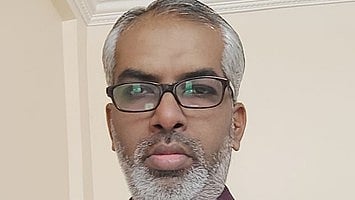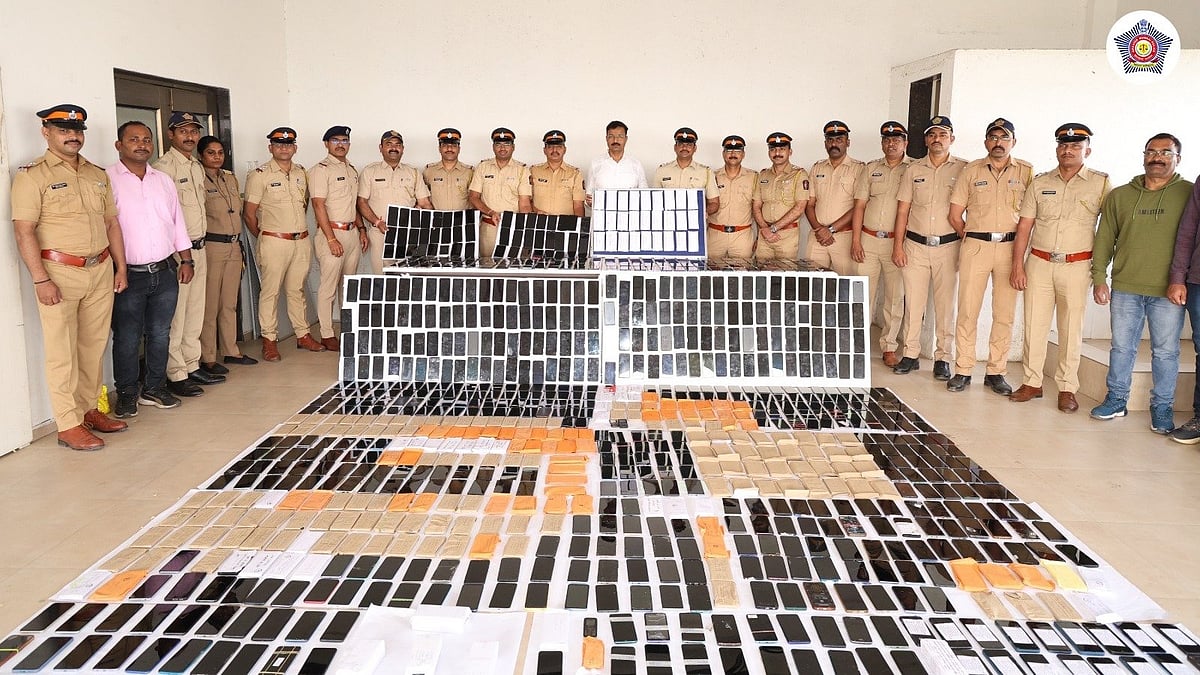Pune: Syed G. Dastager, a Scientist from CSIR-National Chemical Laboratory (CSIR-NCL), Pune, has received the AMI- Prof. B. N. Johri Award from the Association of Microbiologists of India in recognition of his significant contribution towards understanding microbial diversity, and NASI-Scopus Young Scientist Award to recognise India’s most promising researchers working in the area of environmentally sound sustainable development and are contributing to protecting our planet and conserving its natural resources.
Research on microorganisms
Dastager completed his M.Sc. and Ph.D. in Microbiology from the Department of Studies and Research in Microbiology, Gulbarga University, in 2002 and 2006, respectively. He has done post-doctoral work at Korea Research Institute of Bioscience and Biotechnology, Daejeon, Korea. He joined CSIR-NCL in August 2012 and started working at National Collection of Industrial Microorganisms (NCIM).
His group research mainly emphasizes the crucial role that microorganisms are currently playing and are likely to continue to play in future as microbial cell factories for the production of bio-based ingredients for the biotechnological use. His group has described more than 60 novel species of Actinomycetes/Actinobacteria, interestingly these newly described species harbours a huge and so far, almost untapped “hidden” biosynthetic potential in their genomes.
More than 130 research papers, several awards
He has to his credit more than 130 research papers in peer-reviewed international journals and 10 Indian and US patents. He has received several awards including INSA Visiting Scientist Award, and Young International Scientist of the Chinese Academy of Sciences. He has been the Associate of Karnataka Science and Technology Academy. He also serves on the editorial board of Microbiotechnology, a section within Frontiers in Microbiology, Frontiers in Bioengineering and Biotechnology and Frontiers in Environmental Science and has served as an associate editor for the journals International Microbiology, and Microbiological Research in recent past.










